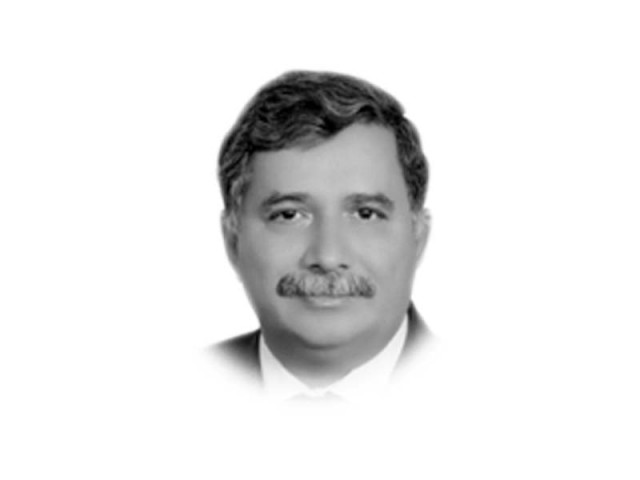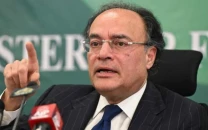Radical politics and Pakistan
Pakistani politics has also witnessed radical tendencies

The word radicalisation, being used interchangeably with militancy and extremism, assumed world attention in the backdrop of 9/11. While words radicalism and extremism have been generally associated with religious outfits espousing jihad and attempting to establish Islamic Emirate or Caliphate through violent means, the fact is that radicalism has existed in one form or another throughout the history. With radicalisation having shaken the established order around the world, many analysts and strategists dealing with violent extremism have suggested theories to counter the thought process.
Since Pakistan remains seized with religious radicalisation, die-hard supporters and adherents of other ideologies have remained overshadowed. But, ever since the vote of no-confidence against the government of Imran Khan in April last, Pakistani politics has also witnessed radical tendencies. Thus, it is not out place to mention that radicalisation is a phenomenon based on firm belief of being righteous and treating others as sinful and evil. That’s what we call ‘us versus them’ approach. Either I love you or hate you, based on your views.
A person, seized with such a mindset, can hardly have the patience to listen to other’s views. As a result intolerance overwhelms his/her psyche and becomes part of his or her behaviour. While religious seminaries have been thought of as breeding grounds for radicalisation, this trend is now clearly ominous in the political parties of Pakistan. Supporters and sympathisers of political parties are driven by emotions rather than their political manifestos and their performance as regards governance, economic management, etc. So poisoned in the political environment in the country these days that party supporters are not ready to listen to reason. While they are not ready to let even slightest of the criticism on their leader go unanswered, they don’t mind their beloved leader indulging in mudslinging, slurs and name-calling, on the opponents.
Such following with a blind faith in the leader is described as cult. A cult personality is created, using all means of propaganda, through whisper campaign and mass media, and projected as a messiah and panacea for all ills. Those that are part of the cult are ready to die for their leader. To them all others are evils and society should be purged of them. Such a system of veneration and devotion directed towards a political figure is now growing in Pakistan, even though radicalisation of Pakistani politics is not a phenomenon of today. It is a product of various factors viz, denial of share in the political system to the true representatives; class-based and regional disparities; sense of deprivation and alienation among the growing mercantile class; youths struggling to get all good things in life and a fair share in decision-making; etc.
Another major factor is the political dominance by feudal and capitalist classes, denying space to the emerging middle and lower middle classes that firmly believe that those at the helm of affairs have milked national resources to their own advantage depriving the masses of their due share. They believe that governance cannot improve unless the system if purged of such elements. Such beliefs provide physical and the physiological stimulus to a segment and keep them glued to their cause. In Pakistan, there exists tendency to accept conspiracy theories and subscribe to extremist views. The combustible material in the form of pent-up feelings is simmering beneath the surface for reasons explained above. It is time for our top policymakers to realise that if these pent-up feelings are not channelised through democracy and steps for people’s welfare, they can trigger a disaster any time.















COMMENTS
Comments are moderated and generally will be posted if they are on-topic and not abusive.
For more information, please see our Comments FAQ